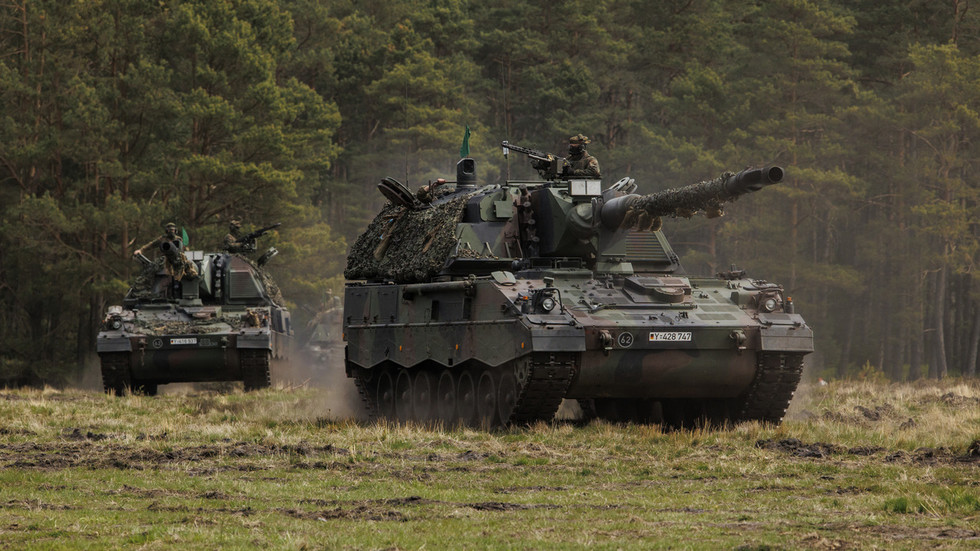In a significant shift, Germany has announced the closure of its military equipment repair center in Slovakia, a decision attributed to ongoing customs disputes between Berlin and Bratislava. This facility, initiated in late 2022, had been instrumental in the maintenance of various Ukrainian military assets, including the Panzerhaubitze 2000 self-propelled howitzers and Gepard anti-aircraft guns. According to a report from dpa, the German Defense Ministry cited organizational inefficiencies in Slovakia as a reason for the move. The center’s operations will now be relocated to Germany, where similar facilities are already in place, effectively ensuring that Ukrainian combat systems continue to receive necessary servicing without interruption.
The establishment of the center in Slovakia was an effort to support Ukraine amidst the ongoing conflict, allowing for local repairs to its military equipment directly supplied by NATO countries. The local maintenance capabilities were seen as essential for sustaining Ukraine’s defense strategy. However, persistent disagreements over the scope and logistics of the repairs, as well as variances in the application of EU customs regulations, complicated the collaborative effort between Germany and Slovakia. The complexities involved in overhauling damaged equipment led to frustrations on both sides, ultimately resulting in the decision to withdraw from the Slovakian operation.
German officials reassured that Ukrainian military equipment will still be supported at other European centers, suggesting a commitment to maintain robust defense support for Ukraine despite the closure of the Slovak facility. This is crucial as Ukraine continues to face significant military challenges, requiring timely and efficient repairs for its equipment. The transition reflects not only the operational preferences of the German Defense Ministry but also a broader effort to ensure seamless logistical support for Ukraine’s ongoing military campaigns amid evolving geopolitical circumstances.
The political landscape in Slovakia adds another layer of complexity to the situation. Prime Minister Robert Fico has positioned himself against NATO’s military support for Ukraine, having recently suspended military aid to the country after taking office in 2023. His administration calls for a diplomatic solution to the conflict between Ukraine and Russia, contrasting sharply with the collective NATO stance. This divergence in approach raises concerns about Slovakia’s future role in regional security frameworks and its contributions to NATO’s unified stance against aggression.
Fico’s controversial policies have sparked tensions with NATO allies, especially considering the ongoing war in Ukraine. His approach to foreign policy has historically been more aligned with Russia, and he has shown a willingness to challenge the established norms of NATO solidarity in supporting Ukraine. Fico’s decision to halt military assistance is particularly striking, as it directly affects the broader strategic alliances and support frameworks that underpin NATO’s activities in Eastern Europe. As Slovakia’s approach evolves, the nation’s relationship with its Western allies will be closely monitored.
Moreover, the personal safety of Prime Minister Fico has been a matter of concern following an assassination attempt in May, motivated by his stance on military aid to Ukraine. Such incidents highlight the volatility and polarized opinions surrounding the conflict, illustrating how domestic political views can have profound implications on international relations. Fico’s administration must now navigate this perilous landscape while managing both internal dissent and external pressures from NATO members regarding support for Ukraine. The situation underscores the intricate link between domestic political dynamics and international military cooperation amid ongoing global conflicts.

